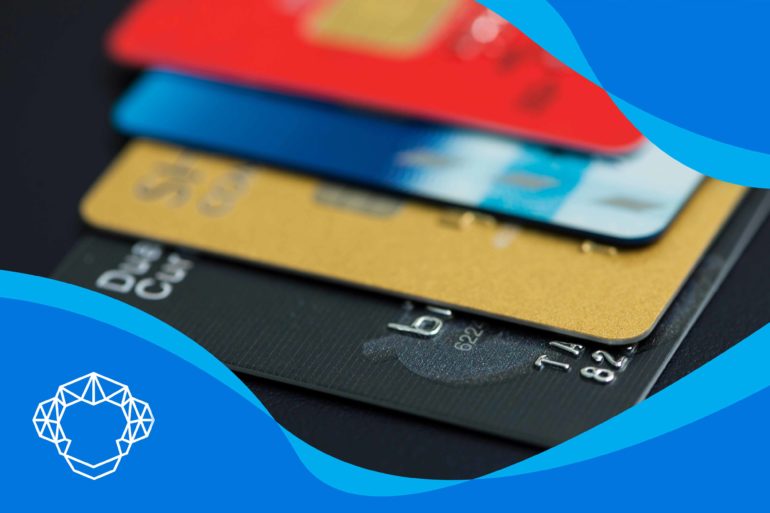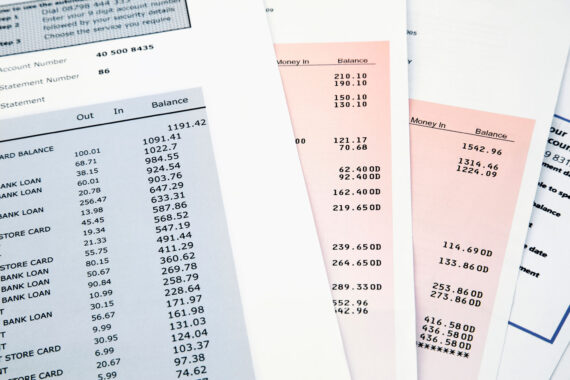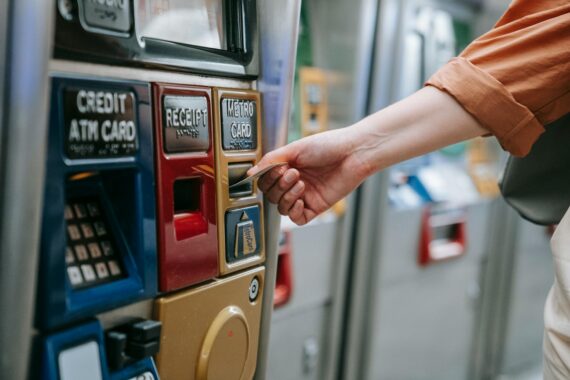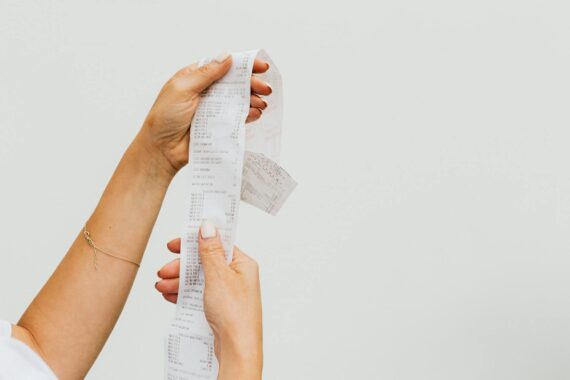A business practice in which a merchant account is used for transactions not related to the purpose for which it was set up and approved is called credit card factoring. If you are allowing another company to process their transactions via your account, you’ve engaged in credit card factoring. In most cases, this is an illegal activity that can put your business at risk, giving you a lot more trouble than it’s worth.
What Is Credit Card Factoring?
Credit card factoring is a financial arrangement where a business sells its future credit card sales to a third party at a discount in exchange for immediate cash. This provides the business with quick access to funds for operations or growth but usually comes at the cost of a portion of future sales revenue.
To put it bluntly, in most cases, it is credit card fraud. More precisely, we could say this is a type of digital money laundering. If caught, it may even land you with a felony conviction. Credit card scams of this type can destroy companies and lives. All the risks and consequences are shouldered by companies that allow their accounts to be used for such a purpose.
What Does the Law Say?
According to § 18.2-195.1, engaging in credit card factoring involves presenting a credit card or its details for payment without proper authorization, to defraud the issuing entity, cardholder, or acquiring bank. This act constitutes a Class 5 felony. However, if done without fraudulent intent but lacking authorization, it is considered a Class 1 misdemeanor.
Additionally, employing or causing an authorized person to submit fraudulent credit card transactions without authorization and with the intent to defraud is also classified as a Class 5 felony. Similarly, if done without fraudulent intent but without proper authorization, it’s considered a Class 1 misdemeanor. An “authorized person” refers to an individual authorized by the acquirer to accept credit cards, including agents or employees.
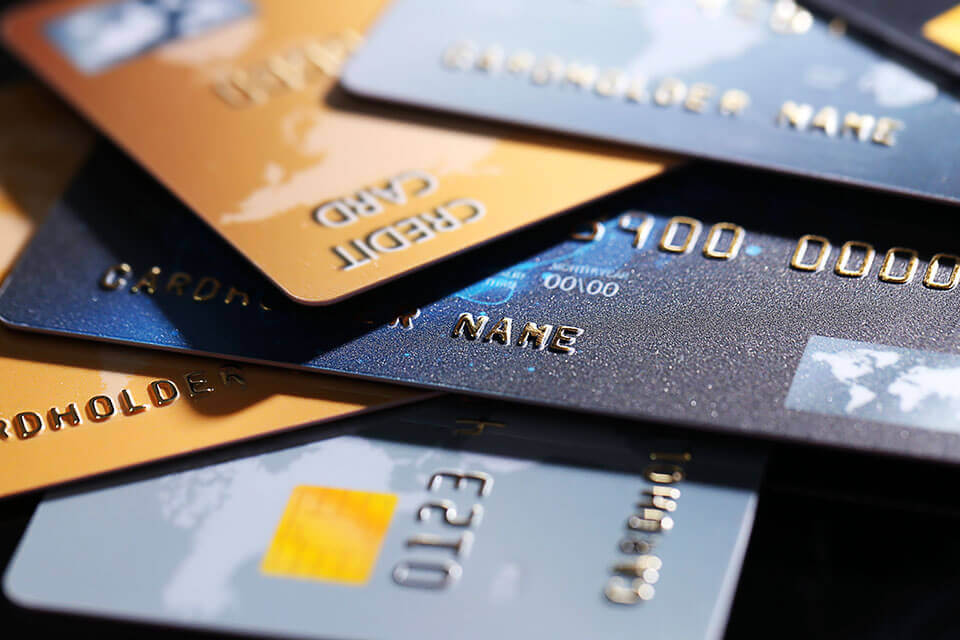
Types of Credit Card Factoring for a Small Business
There are many ways to engage in this activity, but only one of them is legal. Others may fall into the category of money laundering. We’ll now go through the basics to help you understand the issue better.
Using Credit Card Factoring for Business Funding
This kind of loan is called a merchant cash advance, and it’s a legal form of credit card factoring. With it, you get an agreed-upon sum of cash from a lender in advance and repay him by giving a percentage of every credit card transaction until the debt is repaid in full.
That may be a good way to get a cash injection when sales and income are low or if your business is new and not well established, so the bank may be reluctant to extend you a loan. The downside is having very high interest rates, probably higher than in the bank, but that is the price of easily obtained resources.
Not So Legitimate Uses of Factoring
All other possibilities can fall into the non-legitimate category. One of the most common scenarios of credit card factoring is when one company uses another’s account or accounts for cashless payment processing because its sales are low and its own merchant account is deemed too costly. Also, this can happen by accident if a company grows so large that some payments have to be made via third-party accounts without the knowledge of the account holder.
A third option, and the worst, is using another’s account for extremely risky or even outright illegal transactions. Besides, even if sharing an account may be thought of as logical, for example, in the case of two small businesses that share the same space, it is still not allowed. Remember that the accounts are made and approved for a specific type of business, and the way it receives payments is strictly regulated.
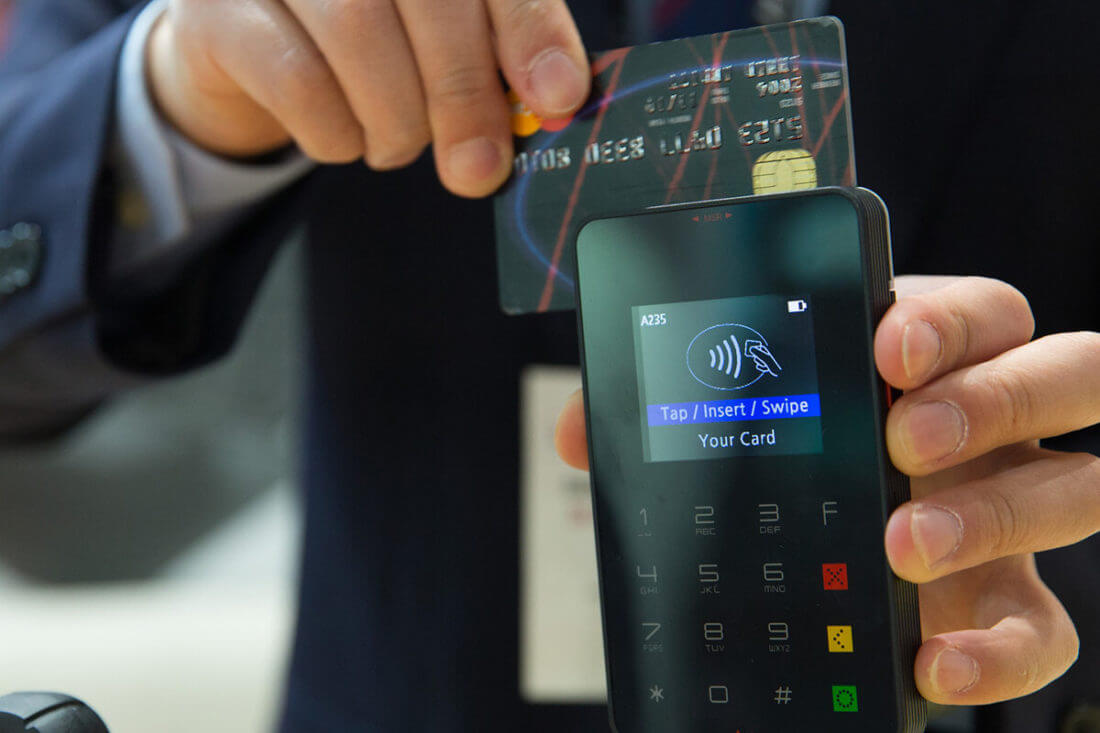
How to Notice Scams and Avoid Any Unwanted Obligations or Costs?
Signs that someone wants to use your merchant account for nefarious ends are not that hard to spot. That person will most likely come to you complaining, for example, about the low credit rating of their business in a bank, limited credit card processing on their own account, or that the sales volume is too small. This may even come from a friend or a close colleague.
Whatever the case, you should reject the proposal outright and point them back to the bank or a credit card processing company. Also, if what they tell you is true, and it isn’t more often than not, you can be sure the bank had good reasons for turning them down for a loan. With so many credit card processing companies on the market, it is no trouble for legitimate companies to find one willing to work with them and provide merchant services and credit card processing.
What Would Your Role in Illegal Credit Card Processing Look Like?
If you play along with the fraud, your part would be to open a merchant account for them and do the paperwork for it. This is something that’s called being a signer. After that, you just have to lie back and take your cut from the revenue. Easy money, as some would say. Sometimes they might go the extra mile in presenting it all as a perfectly legitimate endeavor. However, if it sounds, smells, and looks fishy, then it probably is. You simply cannot know whether your newly found associate uses your business for money laundering or if they use your processing system for transferring funds from stolen credit cards.

What Are the Possible Consequences?
Negative consequences for illicit activities can be numerous, as you might have suspected. They can affect the entirety of your life, both personally and business-wise. Here are just some of them.
Direct Financial Harm
As a signer, you are responsible for all the card transactions that go through the factoring merchant accounts. You may wake up one day to learn that illegal transactions amount to many thousands of dollars. That, as well as all potential chargebacks, ends squarely on your head. And it may be too late to come clean at that point, for your associate will probably be off the grid by then.
Long-Term Risks and Effects on Your Businesses
One of the worst consequences of a busted case of factoring can be ending up on a so-called “Match List” of your processor. When you’re listed on such a list, getting a merchant account in the future may prove to be next to impossible. Besides processing companies, many banks won’t have anything to do with you in the future, as well. Other merchants, too, may find associating with you high-risk and not worth their time.
Personal Consequences
Since credit card factoring is illegal and, in some states, even considered a felony, you may as well expect to be at least sued by your processor. As a rule for most small companies, you are liable for any losses that come out of fraudulent transactions. And to make matters worse, in this case, you come in front of the bank, clients, and all others as someone who vouched for the merchant who proved himself to be a scammer. Unless there is a clear intent to commit a crime, you will most likely avoid being prosecuted. But even a civil lawsuit is extremely stressful and costly.
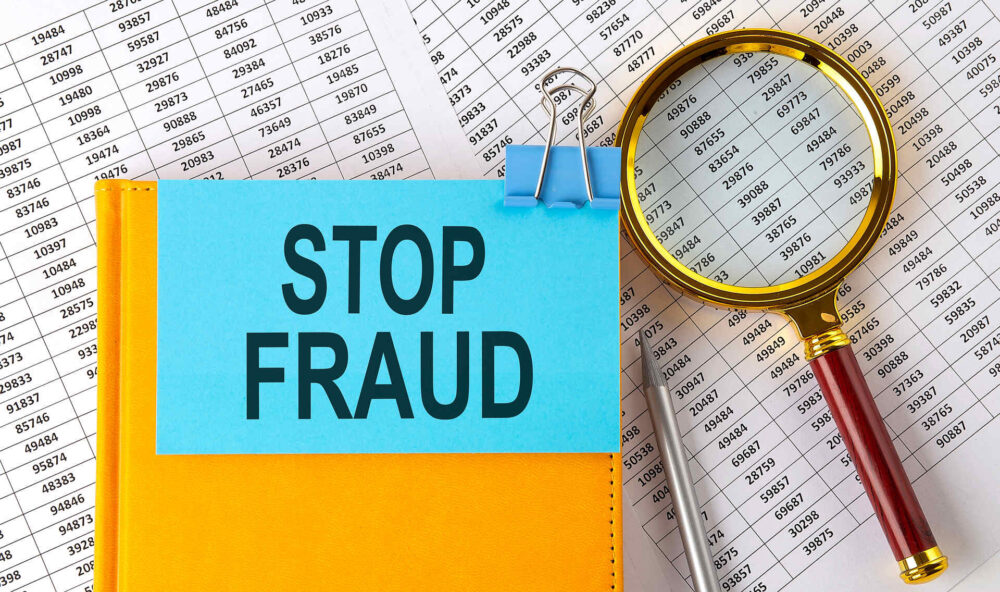
Easily Navigate Legal and Ethical Waters in Business Operations With Merchant Chimp
The bottom line is quite simple – be cautious in your dealings and educate yourself and your employees about the risks and dangers. Sales may be low, and banks may be rigid in their demands, but no amount of collected fees can be a substitute for a sound sales strategy, especially if you end up breaking the law.
This is why it’s important to stay informed and make wise decisions. If you’re looking for guidance in secure and compliant credit card processing, Merchant Chimp services can be of huge help to your business. Contact us today, and get a reliable and legitimate credit card processing company in your corner.

